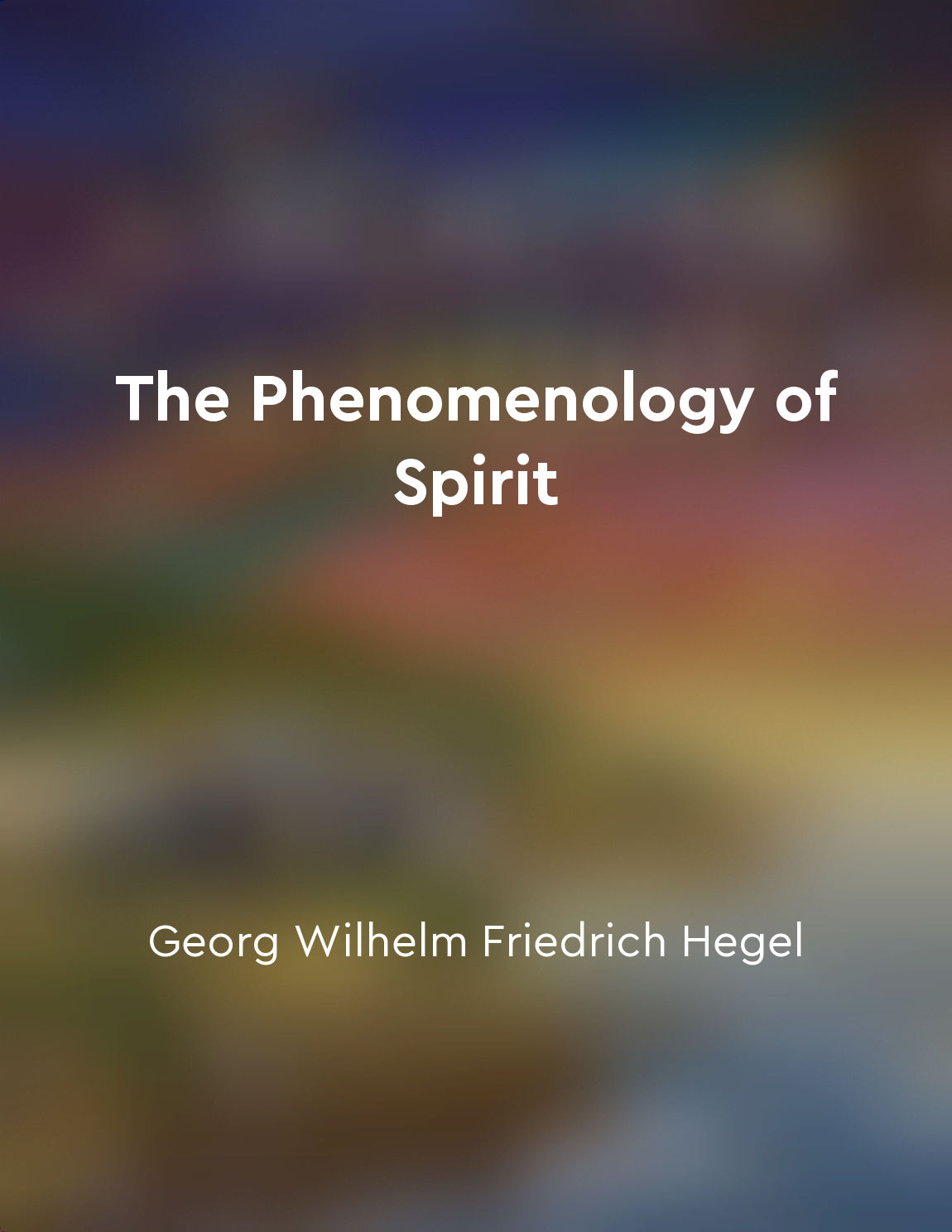JeanPaul Sartre believed that existence precedes essence from "summary" of Humanly Possible by Sarah Bakewell
Jean-Paul Sartre, the French philosopher, put forward the idea that existence comes before essence. This concept challenges the traditional notion that human beings have a predetermined essence or nature. Sartre argued that, unlike objects such as chairs or tables which are created with a specific purpose in mind, humans are born without a predetermined essence. Instead, we exist first and then define ourselves through our choices and actions. This means that we are constantly in the process of creating our own essence through the decisions we make. According to Sartre, there is no universal human nature that determines how we should behave. Each individual is free to make their own choices and create their own essence. This freedom can be both liberating and daunting. On one hand, it gives us the power to define ourselves and shape our own destiny. On the other hand, it means that we bear the full responsibility for our actions and cannot blame our choices on external factors or circumstances. Sartre believed that this freedom to choose is what gives our lives meaning. By taking responsibility for our choices, we create our own values and determine the meaning of our existence. This existentialist philosophy emphasizes the importance of personal freedom and individual responsibility. It encourages us to embrace the uncertainty of our existence and see it as an opportunity to define ourselves in a way that is true to who we are.- Sartre's philosophy challenges us to embrace our freedom and take control of our own lives. By recognizing that existence precedes essence, we can fully appreciate the power we have to shape our own identity and determine the course of our lives. This concept invites us to embrace the unknown and see it as a canvas upon which we can paint our own unique essence.
Similar Posts
Hegel's dialectical method influenced a generation of thinkers
Hegel's dialectical method was a philosophical approach that captivated the minds of many intellectuals in the early 19th centu...
Critique of traditional philosophy
The traditional philosophy, which has been dominating the intellectual landscape for centuries, has been subjected to a critica...

Reason as the driving force
In the unfolding of Spirit, we observe the emergence of Reason as the driving force behind the development of consciousness. It...
Iqbal envisions a society based on justice and equality
Iqbal's vision for society is grounded in the principles of justice and equality. He believed that these values are essential f...

